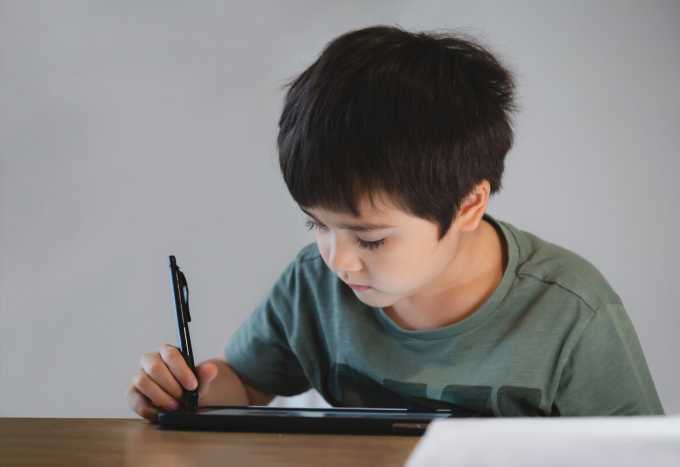The benefits of treating ADHD with stimulant medication are well-documented and numerous, and while nearly 80% of children receiving the likes of Ritalin and Adderall will have their symptoms improve, there are occasions when parents should consider either additional or substitute treatment. There are a number of children who cannot take stimulant medication due to adverse side effects or seeing no real progress. This is where behavioral therapy come into play.
Why Behavior Therapy?
When a child is diagnosed with ADHD at a very young age (i.e. before 6 years of age), behavior therapy may be the first line of action before considering medication. This is because children at this age will not have so many ingrained habits, therefore making it much easier to “undo” anything harmful and teach positive thinking and coping techniques from the get-go. Additionally, children with ADHD who participate in behavior therapy will have a stronger skill-set when they enter school, which will hopefully ease the transition to a classroom setting, improve performance, and provide self-awareness of distractions and triggers. Although behavior therapy works best for young children, those at any age can still find practicing its techniques to be beneficial.
Come along with 200k+ families!
Explore the endless possibilities of learning!
Download for Free.
What Does Behavior Therapy Look Like?
Behavior therapy focuses on changing how a child thinks during a stressful or emotional time. Ultimately, the goal is to practice “changing one’s thinking” enough that it becomes a habitual and ingrained behavior.
First and foremost, behavior therapy for ADHD will focus primarily on the parents. Because young children are eager to please their parents and are largely comfortable around them, the parental role cannot be overstressed. The basic idea around behavior therapy is to reinforce desirable behavior and to reduce the occurrences of negative behavior. When a child does something good, positive feedback gives him or her confidence and assurance in the task. Parents can use incentives, like privileges or rewards, to supplement this. On the other hand, negative behavior should be met with consistent and firm consequences. A popular technique to give a child a “Time Out” during which they can calm down.
 Usually, a child psychologist will work with parents over a few sessions to come up with an individualized plan. When parents attend behavior therapy sessions with behavior therapists, some common techniques they will learn are:
Usually, a child psychologist will work with parents over a few sessions to come up with an individualized plan. When parents attend behavior therapy sessions with behavior therapists, some common techniques they will learn are:
- Positive communication skills, which includes active listening
- Problem-solving skills
- Reinforcement of good behavior and consequences for negative behavior
- Learn how to deliver clear and consistent instructions
- Consistent with discipline
- Relaxation and coping techniques
- Self-awareness
For older children, utilizing their increasing apt for critical thinking is an advantage. This includes pausing to examine stressful situations and to change how one thinks and reacts to it. For older children, they may meet with a behavior therapists in tandem with their parents in order to become active in their own treatment.
Sources:
- cdc.gov:
https://www.cdc.gov/ncbddd/adhd/behavior-therapy.html
- childdevelopmentinfo.com
https://childdevelopmentinfo.com/add-adhd/behavioral-treatment-children-adhd/
- helpforadd.com:
http://www.helpforadd.com/add-behavioral-treatment/
- healthychildren.org:





